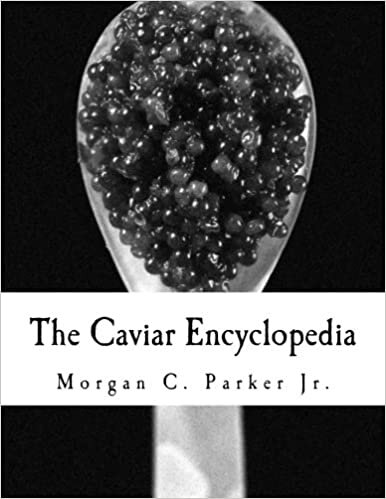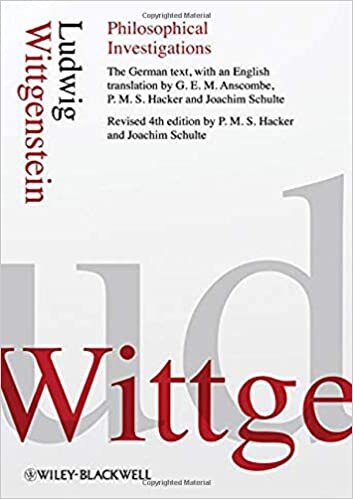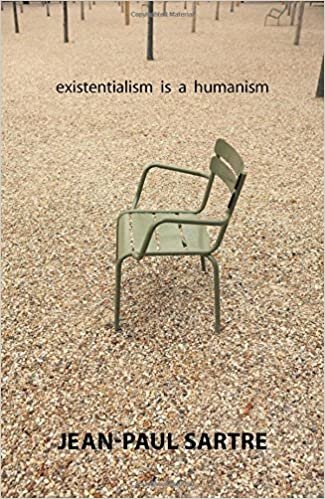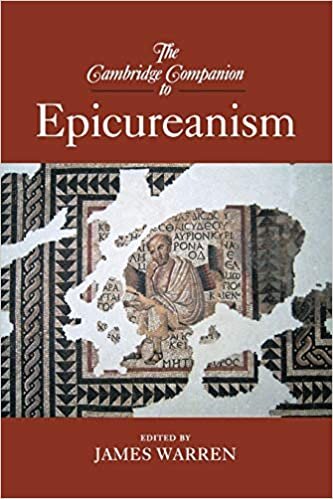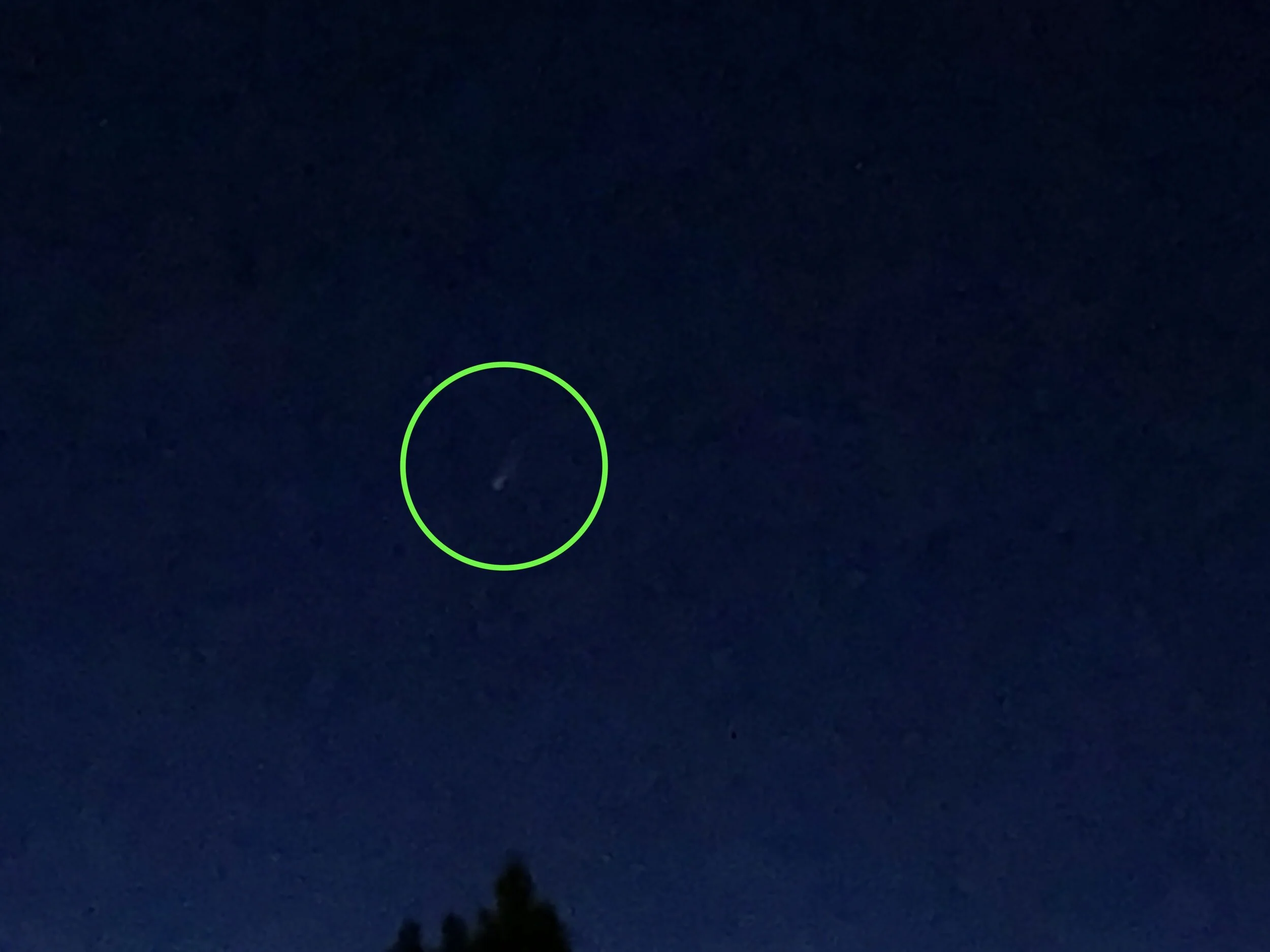Coronavirus Caviar: Living Large While Living Small — On Philosophy and the Good Life
Today I ordered caviar. Why? Because I can. And because I’ll be 42 years old in a few days and haven’t had enough caviar in life thus far. We have generally been downsizing, trying to be financially conservative after my having recently been laid off from my full-time instructional designer job and having yet to find the next permanent position. So why on Earth would one choose to buy caviar in these uncertain economic times?
The world of caviar is a fascinating web of esoteric knowledge and Wittgensteinian language games—those terms and practices and ways of doing things that are highly context-specific (see Philosophical Investigations by Ludwig Wittgenstein). Caviar enthusiasts, like enthusiasts of every form, know and do things that no one else knows or does. They can tell you intimate details of what exactly caviar is as opposed to other kinds of fish roe. They can go on and on about the different kinds of sturgeon and other fish from which caviar-like eggs are harvested. They have the strongest and sometimes contradictory beliefs about how exactly caviar should be served and enjoyed (on a mother-of-pearl spoon or on a silver spoon, with vodka or with champagne, on buttered white bread or on your morning eggs, etc.) and which kinds of caviar or fish roe are most appropriate for which dishes and in which social contexts. In short, the world of caviar is a world unto itself with all the beliefs and practices and terminology you’d expect from any hobby, interest, or area of specialized knowledge in which one might immerse himself.
True caviar from the Caspian Sea, if you can find any in the United States (its import being illegal) is truly expensive. Most of the products marketed as caviar in the United States, even those fish roe coming from various forms of sturgeon (as opposed to fish roe from other fish like trout, salmon, or steelhead), originate from other regions such as China and, interestingly enough, even from right here in Idaho. And these other forms of caviar and fish roe range widely in price from quite affordable to quite pricey. (It makes me wish I was back at Aplia so I could write an Aplia Economics problem on the comparative supply and demand of different types of caviar.)
In times of economic crisis, we humans sometimes act on instinct out of fear, even sometimes against our rational judgment. On the one hand, it makes sense to look out for your own financial best interest by being financially conservative with the looming specter of unemployment and hard economic times. On the other hand, however, very fiscal conservatism and austerity can threaten to plunge the economy into a recession, causing markets to crash and the unemployment rate to rise. Supposed luxury items like caviar are plausibly the first things to go when one downsizes and cuts spending, or at least the story goes.
Ironically, however, ordering luxury items like caviar and wine online has been on the rise during the COVID-19 coronavirus pandemic. Even though the economy has taken a dip, and even though caviar and wine are luxury items, they also allow us to feel like we’re thriving even as we fear for our financial future and security. This may be a form of detail about the reality of the global economic situation we’ll all be facing for some time, but I would argue that it’s a healthy and life-affirming kind of denial, even if it doesn’t quite overcome the fear and insecurity prompting one to crave caviar and wine and some sense of normalcy in the first place.
We may not be able to control every area of our lives, despite the radical freedom that Jean-Paul Sartre claimed we have (see Existentialism Is a Humanism by Sartre), and yet I can make a choice today. I can’t solve the great problems our country and the world are facing, but I can choose to buy caviar and seize the day. Or I can choose to live a day full of fear and austerity, huddled in the dark, writing my blog posts afraid even to turn on the lights for fear of the economic consequences. And even though that’s a limited form of freedom and a somewhat limited choice, it’s still a choice, the power of which to make is still worth exercising for its own sake, even if the subject matter of that choice is either frivolous or posh, or both.
How does one choose between love of wisdom and love of life? Shouldn’t there be room enough for both in this life? Despite the philosopher’s attempt to deny the needs and desires of the body, from Socrates and Plato onward, from caviar to sex, can’t we thrive as philosophers and tackle the problems of philosophy just as well while naked in the bedroom, sipping our wine and enjoying pre- or post-coital caviar and cigars, as from our lecture halls, classrooms, and offices?—a fact not lost on the ancient Epicureans or on several major 20th-century French existentialist philosophers!
So yes, I ordered caviar, an early birthday present to myself. When it arrives, I’ll pour myself a glass of wine, light up a cigar, and enjoy my caviar as much as any member of a royal family or one-percenter ever has. The rest of the family will likely not partake in the caviar. Some have said it’s an acquired taste, after all. But isn’t it true that every area esoteric area of human life is an acquired taste—from caviar to philosophy? My experience teaching philosophy is that philosophy is as much of an acquired taste for my students as caviar has even been for you or me! It may still be up in the air, however, which is ultimately better for the soul—philosophy or caviar.
Related Reading:
The Caviar Encyclopedia by Morgan C. Parker, Jr.
Philosophical Investigations by Ludwig Wittgenstein
Existentialism Is a Humanism by Jean-Paul Sartre
The Cambridge Companion to Epicureanism, edited by James Warren



